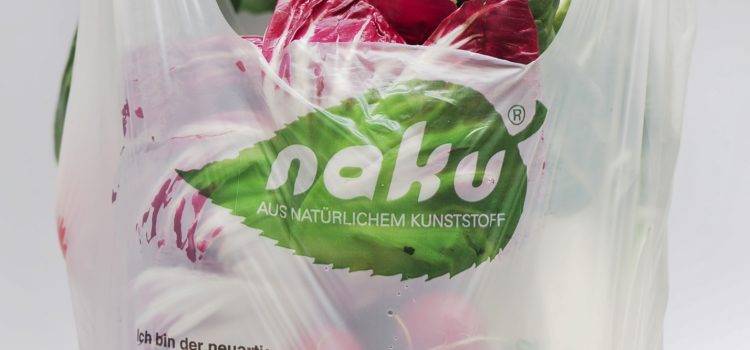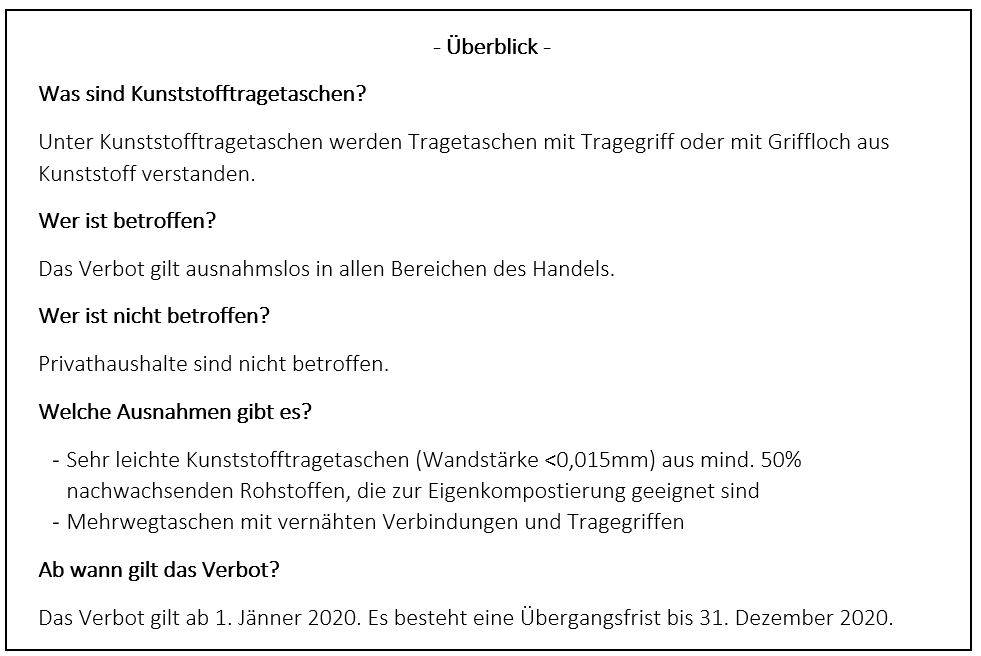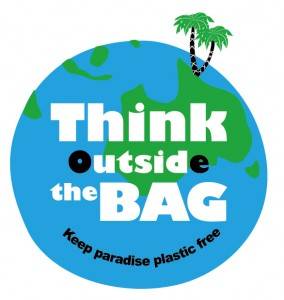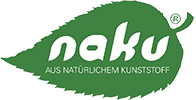
Plastic bags ban in Austria
All information about the Austrian plastic bag ban
From 2020, the plastic bag ban will come into force throughout Austria. Very light, biodegradable plastic carrier bags are exempt from the ban. You can easily buy our solution via our webshop: NaKu carrying case light.

Explanations
From January 1, 2020, the placing on the market of plastic carrier bags will be prohibited. The "placing on the market" can be understood as a commercial transfer to a legal entity within Austria. Distance selling, i.e. telephone or electronic business transactions, is also affected. Handing it over to a private person is not part of the ban. There is a transitional period until December 31, 2020 for bags that have already been ordered or are in stock.
What are plastic carrier bags? Plastic carrier bags are carrier bags with a carrying handle or with a handle hole made of plastic. Garbage bags, freezer bags, "Gackerlsackerl" or inlay bags for organic boxes are therefore not affected by the ban.
Who is affected? The ban applies in general to all areas of trade, i.e. from supermarkets to fashion shops to kebab and sausage stands. Private households are not affected.
What exceptions are there? All plastic carrier bags are prohibited except:
- Very light plastic carrier bags, i.e. those with a wall thickness of less than 0,015 mm, which are made from at least 50% renewable raw materials and are suitable for self-composting, and
- Reusable bags (reusable bags) made of plastic fabric or comparable material with plastic content, which have sewn connections and carrying handles or connections and carrying handles with comparable stability.
Under the concept of home composting can be understood in households as the use and care of a facility for converting biogenic waste into humus-like substances (compost). The underlying standard is the TÜV standard "OK compost HOME". A corresponding EN standard has already been commissioned.
The "reusability’ of a tote bag refers to its original purpose.
Bio-based plastic carrier bags
The exception of very light plastic carrier bags is intended to ensure hygiene requirements in the fresh food sector of food retail (e.g. for fruit, vegetables, meat, fish). NaKu manufactures plastic bags based on corn starch. With a reduced wall thickness according to the specifications, these bags are still allowed in the trade. Not only are they biodegradable, they can also be used after purchase to keep food fresh. This has been proven to keep food fresher for longer. If a NaKu bag is no longer needed, it can be sent to the plastic collection. This means it can be included in the recycling process and old can be made new again.
Notifications of the plastic bags put into circulation
Once a year, the number of plastic carrier bags placed on the market must be reported to the collection and recycling system for household packaging. Very light (wall thickness less than 0,015 mm) and light plastic carrier bags (wall thickness from 0,015 mm) are to be listed separately. The report must be submitted by March 15 of the following year.
situation in Europe
Italy was the first European country to introduce a cross-industry ban on non-biodegradable plastic bags. Since January 1, 2011, only bags made of compostable bioplastics are allowed here.
Since July 1, 2016, plastic bags with a wall thickness of less than 0,05 mm have also been banned in France. Here, too, bio-based, compostable bags are the exception.
Other countries, such as Ireland, Great Britain and Denmark, rely on additional levies on plastic bags. The introduction of such a tax in 2002 led to a reduction in plastic bag consumption of around 90% in Ireland.
Single-use plastic ban from 2021
From 2021, there will be a ban on single-use plastic products in the EU. This was on 21.5. by the EU Council of Ministers and the European Parliament and will come into force on January 1.1.2021st, XNUMX. Prohibited products include cotton swabs, straws, cutlery, plates, beverage containers and food wrappers. Natural polymers are excluded. NaKu straws can therefore also be purchased and used in the future.
In addition, collection targets for plastic bottles have been set: 2025% of bottles should be collected by 77 and 2029% by 90. In Austria, the collection rate has so far been 73%.
In addition, a content of recycled material in plastic bottles of 25% by 2025 and 30% by 2030 has been set.
NaKu recommends…
Since private households are not affected by the ban, we recommend that private customers in particular continue to use NaKu bags. Thanks to their freshness function, the amount of food thrown away can be reduced and food waste can be counteracted. This saves resources and protects the environment.
Business customers who continue to prefer our products to others are also helping to curb the use of fossil fuels and reduce CO2 emissions.
Do you need fruit bags, freezer bags or inlay bags made from renewable raw materials? contact us under office∂naku.at.

